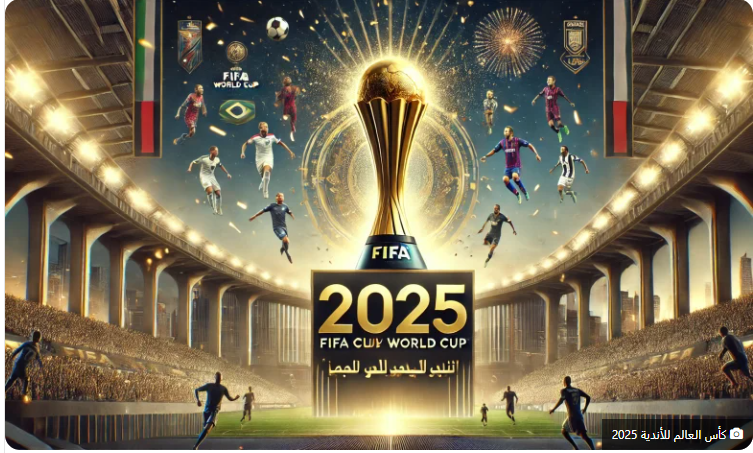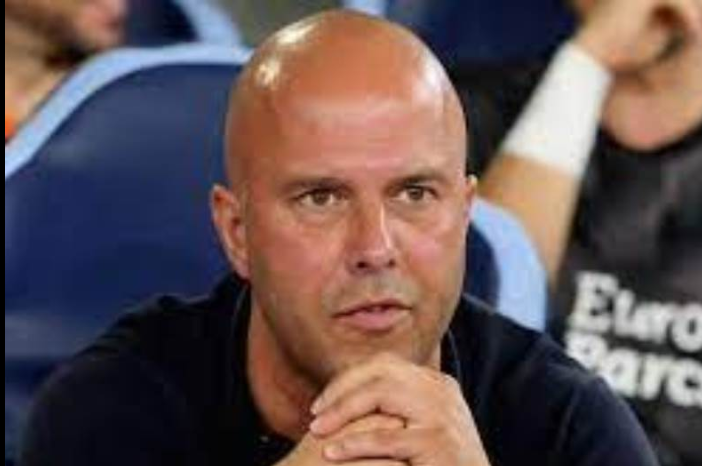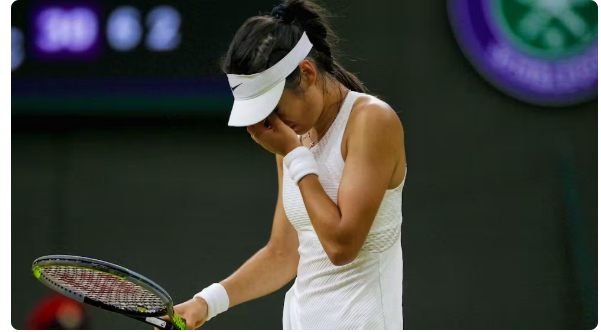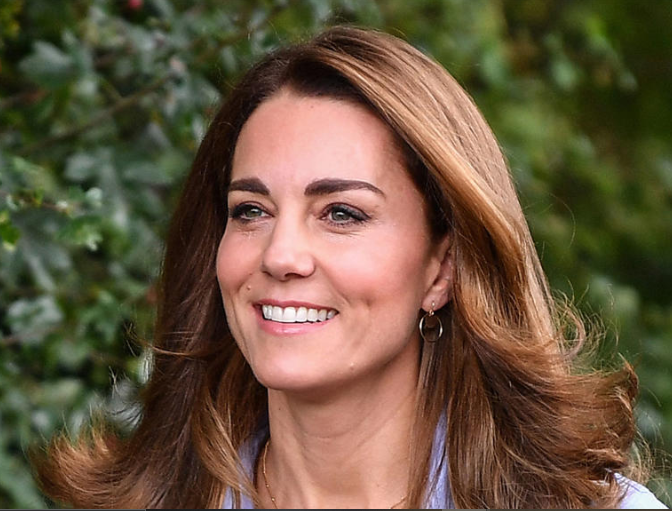
The global football landscape is buzzing with preparations for the highly anticipated FIFA Club World Cup 2025, an edition that marks a significant departure from previous tournaments with a new format and unprecedented organizational changes. The Fédération Internationale de Football Association (FIFA) has officially announced a series of new rules for the FIFA Club World Cup 2025, poised to completely reshape the competition in terms of refereeing, technology, the number of participating teams, and even fan engagement.
This article delves into the key new rules of the FIFA Club World Cup 2025, highlighting the participation of Arab referees, the cutting-edge technologies being implemented for the first time in the tournament’s history, and FIFA’s future vision for this edition, which will be hosted in the United States for the first time.
The Expanded FIFA Club World Cup 2025: An Overview
Before examining the new rules of the FIFA Club World Cup 2025, it’s crucial to note that this edition is the first in history to feature 32 teams instead of the traditional 7. This expansion reflects FIFA’s global ambition to transform the tournament into something akin to the FIFA World Cup for national teams in terms of scale, excitement, and participation.
The tournament will take place in the United States of America from June 14th to July 13th, 2025, bringing together continental champions and top-performing clubs in a grand celebration leading up to the USA’s co-hosting of the 2026 FIFA World Cup.
Proud Arab Representation: 12 Arab Referees at the FIFA Club World Cup 2025
A significant highlight among the announced new rules for the FIFA Club World Cup 2025 is FIFA’s selection of 12 Arab referees to officiate matches during the tournament, a move that strengthens Arab representation on the international football stage.
Center Referees:
- Omar Al-Ali (UAE)
- Mustapha Ghorbal (Algeria)
- Moataz Ibrahim (Libya)
- Salman Falahi (Qatar)
These four will be among the 35 center referees chosen from around the world to lead the matches in the tournament.
Assistant Referees:
- Ramzan Al-Nuaimi (Qatar)
- Majed Al-Shammari (Qatar)
- Mokrane Gourari (Algeria)
- Abbas Akram Zerhouni (Algeria)
Video Assistant Referees (VAR):
- Mahmoud Ashour (Egypt)
- Khamis Al-Marri (Qatar)
- Hamza El-Farq (Morocco)
- Mohammed Obaid Khadem (UAE)
This significant presence of Arab referees underscores the region’s growing export of high-caliber officiating talent, aligning with the new rules of the FIFA Club World Cup 2025 aimed at elevating performance and professionalism.
Referee Body Cameras: An Unprecedented Visual Experience
Among the most noteworthy new rules for the FIFA Club World Cup 2025 is the adoption of an innovative technology involving small cameras mounted on referees’ bodies throughout the matches. This aims to broadcast live footage from the referee’s perspective, a first in football history.
Pierluigi Collina, Chairman of FIFA’s Referees Committee, stated that “seeing what the referee sees on the pitch will be a game-changer in evaluating refereeing performance and enhancing fan engagement.” He added that this technology will be broadcast live via DAZN, the tournament’s exclusive broadcaster.
While this technology has been trialed in some European league matches on a limited basis, its official inclusion within the new rules of the FIFA Club World Cup 2025 will provide fans with an exceptional and near-realistic experience of the game as seen through the referee’s eyes on the field.
Comprehensive Development in the Refereeing System: From Workshops to Technology
Most of the new rules for the FIFA Club World Cup 2025 fall under a comprehensive vision to improve global refereeing standards, which includes:
- Intensive training workshops for referees across all continents, lasting for several months.
- Adopting new criteria for selecting referees, which go beyond technical performance to include discipline, physical fitness, and interaction with video technology.
This unprecedented development reflects FIFA’s efforts to make the upcoming edition of the tournament a global benchmark.
Technologies Used in the Tournament: VAR, Semi-Automated Offside, and Smart Cards
As part of the new rules for the FIFA Club World Cup 2025, the latest technologies in the world of football will be implemented, most notably:
Enhanced VAR Technology:
The third generation of VAR technology will be used, employing artificial intelligence to analyze images and provide information faster and more accurately, thus reducing the review time for controversial incidents.
Semi-Automated Offside Technology:
The semi-automated offside system, which relies on sensors in the ball and player tracking devices, will be implemented, providing instant visual confirmation of offside decisions in under 5 seconds – a radical step in officiating.
Smart Cards:
Announced within the new rules for the FIFA Club World Cup 2025 is the introduction of “smart cards,” digital cards connected to the match officials’ platform. These are activated by electronic signals sent to the referee’s watch to notify players of decisions.
Digital Broadcasting and Live Streaming: DAZN Enters the World of Football
For the first time in the tournament’s history, matches will be broadcast exclusively via a global digital platform, DAZN, which will offer fans worldwide:
- High-quality live streaming
- Exclusive footage from multiple angles
- The option to select the referee’s camera for a unique perspective
- Live analysis of refereeing performance and decisions
This move has been linked within the new rules of the FIFA Club World Cup 2025 to FIFA’s vision for a complete digital transformation in broadcasting international tournaments.
What Do These New Rules Mean for Fans and Players?
Undoubtedly, the new rules for the FIFA Club World Cup 2025 represent a turning point in the way the game is experienced, not only in terms of organization but also in terms of spectator engagement, making it more interactive and comprehensive.
For fans, this edition will be an opportunity to discover football from new perspectives. For players, they will have to adapt to higher levels of scrutiny and accuracy in refereeing decisions, making errors almost impossible to go unnoticed.
Conclusion: An Exceptional Club World Cup with New Standards
In conclusion, the new rules for the FIFA Club World Cup 2025 are not merely superficial updates but part of a significant strategic project led by FIFA to develop the game globally. This edition is expected to be a landmark in the tournament’s history, setting new standards for all subsequent competitions.
From proud Arab representation to advanced visual technologies and strict, transparent refereeing, the world is in for an unforgettable football experience in the summer of 2025.








